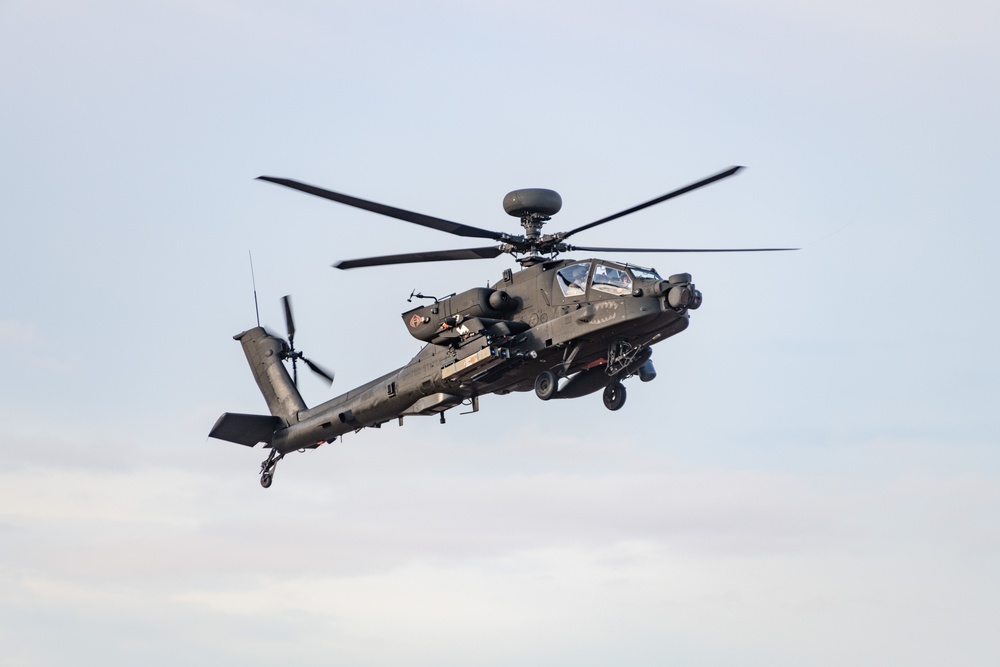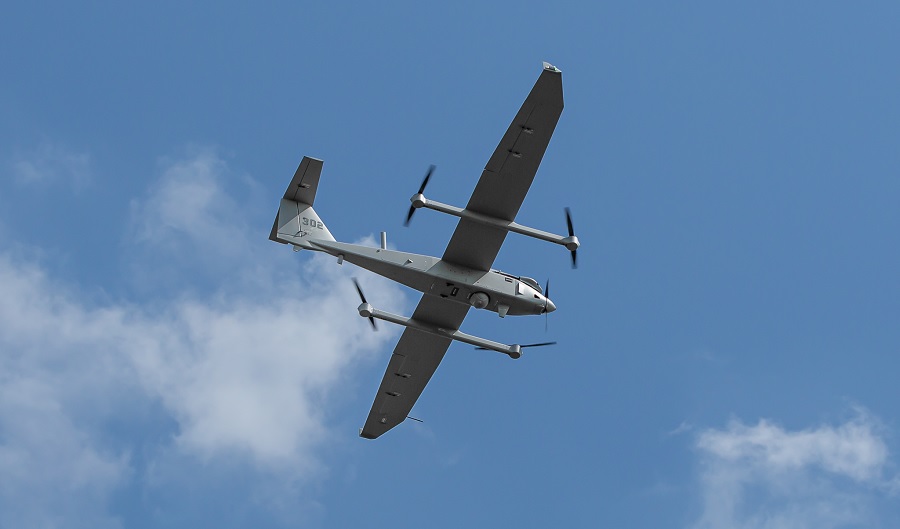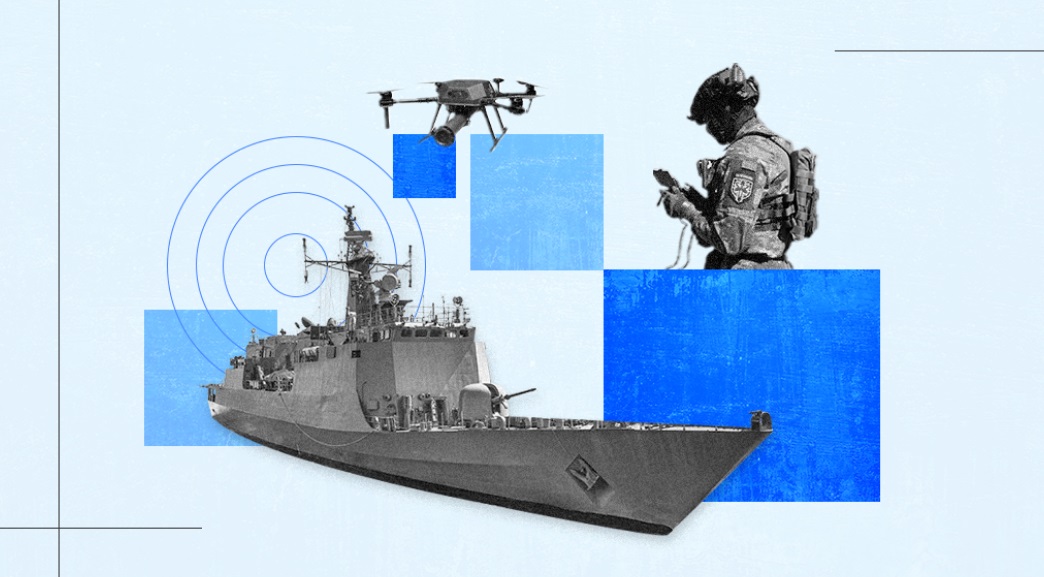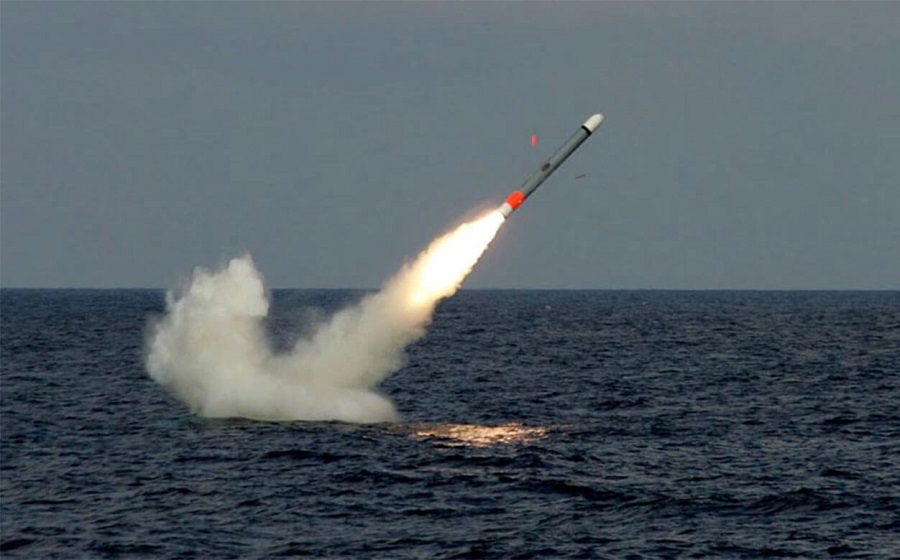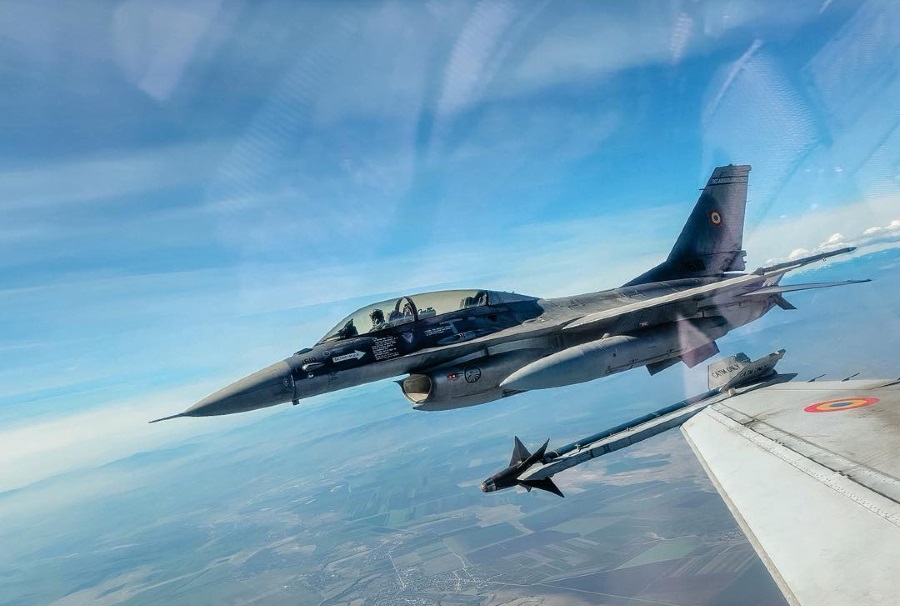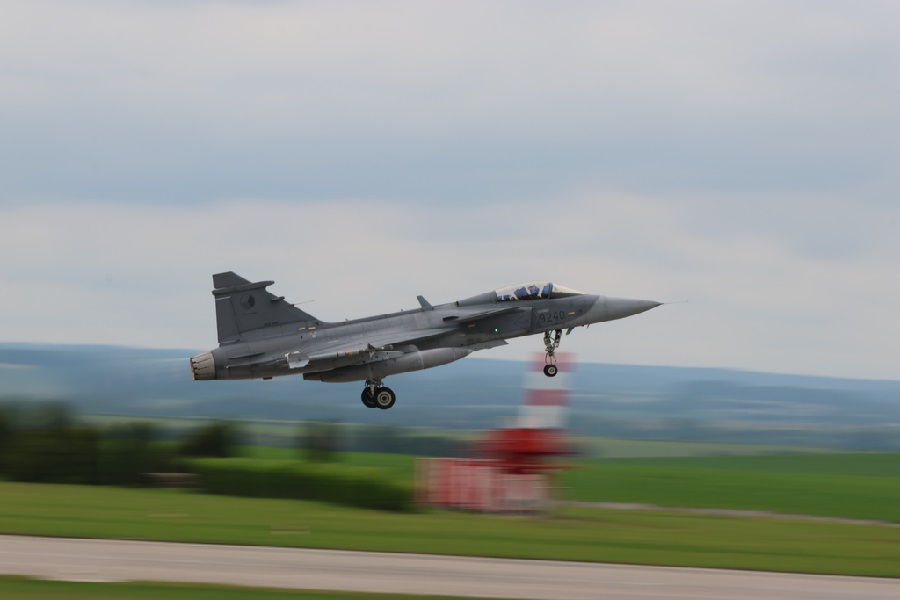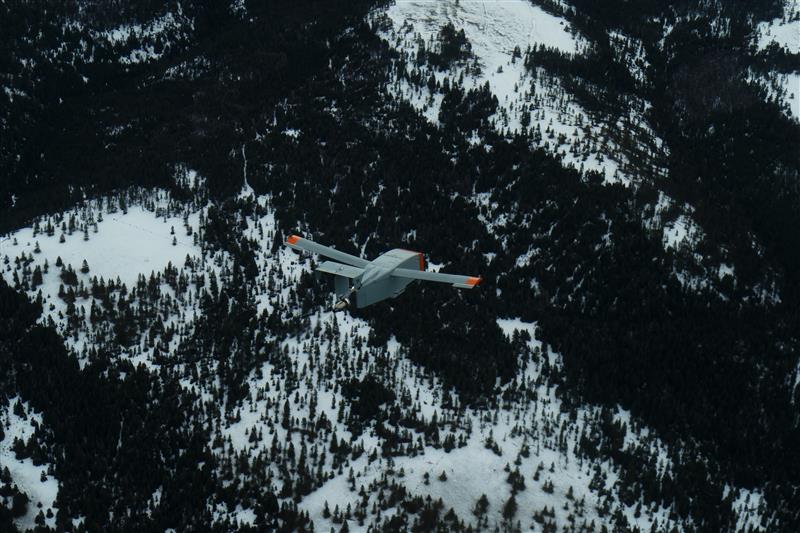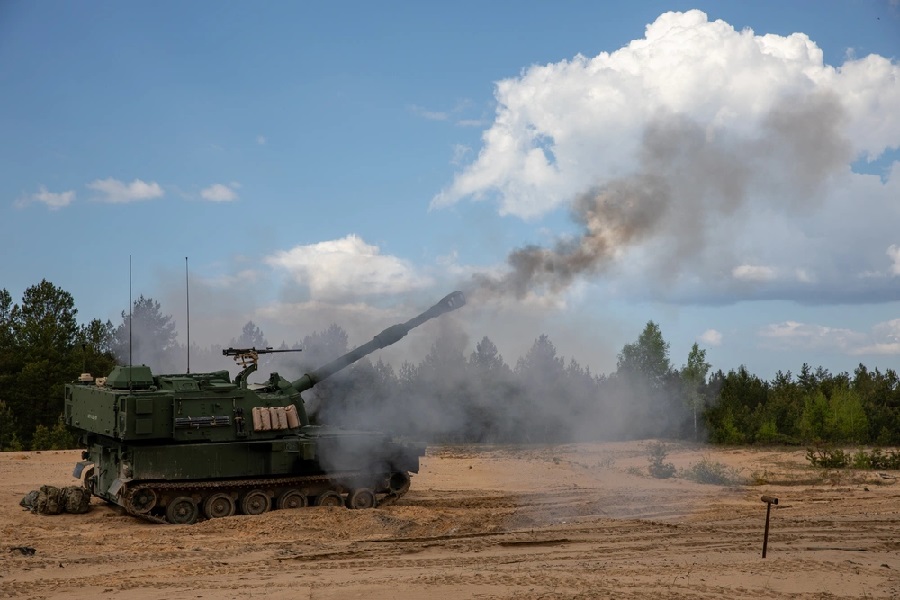Yuma Proving Ground (YPG) plays a critical role in testing the equipment that will shape the future force. As part of this effort, YPG is working with the Army Test and Evaluation Command (ATEC) to develop advanced data governance procedures and local architectures, paving the way for artificial intelligence (AI) applications in its mission.
YPG Technical Director Ross Gwynn highlighted ongoing optimisation efforts to streamline data collection and analysis. “By improving processes, analysts can focus more on understanding and advancing systems rather than repetitive tasks,” Gwynn explained. This approach allows for more thoughtful analysis and innovation.
One of YPG’s key advantages is its vast repository of historical test data, which is being used to train AI models for automating data reduction and analysis. For instance, YPG recently developed an algorithm for acoustic trilateration of missile and helicopter round trajectories using microphone and hydrophone data from its ranges.
AI is also being applied to artillery testing, with the goal of predicting gun tube wear and extending system lifespans. Decades of laser-bore measurements are being utilised to train AI models, which could eventually enable soldiers in the field to monitor artillery system conditions more precisely.
Non-destructive testing at YPG stands to benefit significantly from these innovations. By analysing historical and experimental data, AI could predict the wear lifecycle of critical components like piezoelectric pressure transducers, potentially leading to more efficient use and reduced waste.
In addition to technical advancements, these efforts have boosted morale among YPG personnel. “People get excited when you’re doing something new and making a difference,” Gwynn noted. The integration of AI and automation into YPG’s operations is expected to enhance efficiency, improve analytical capabilities, and ensure the Army remains prepared for the challenges of modern warfare.



